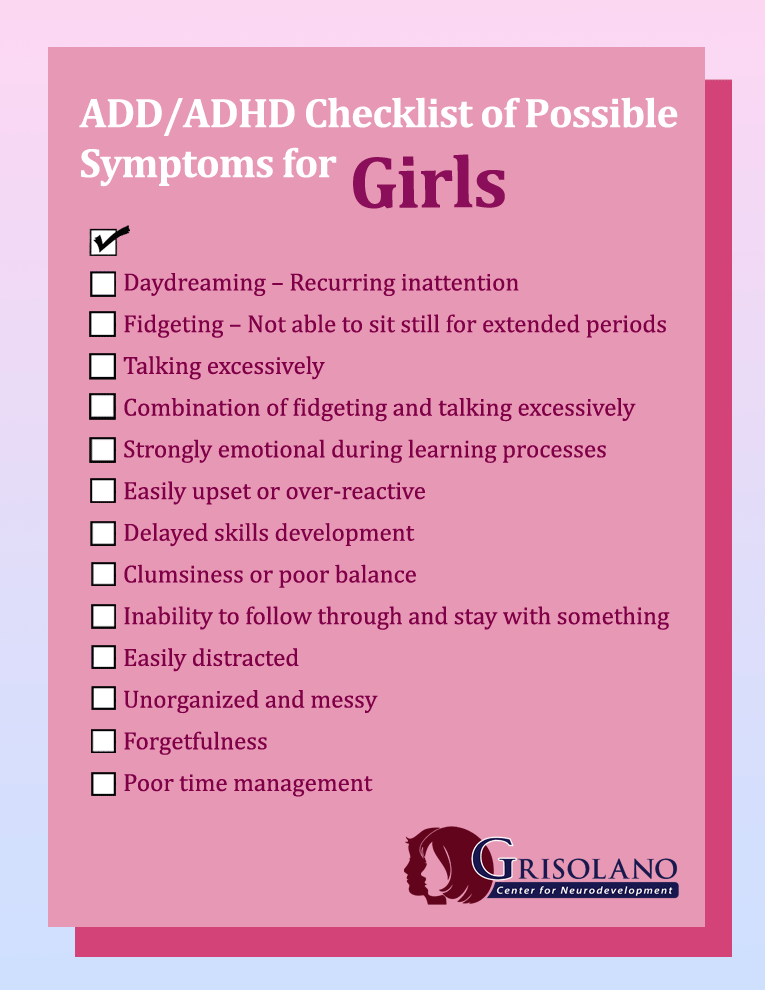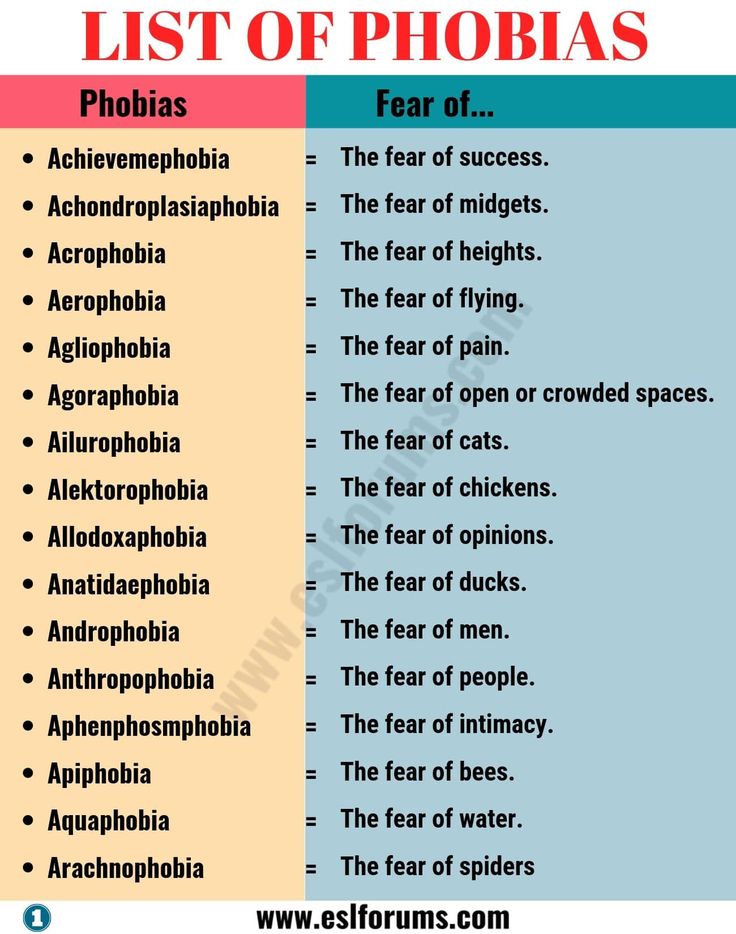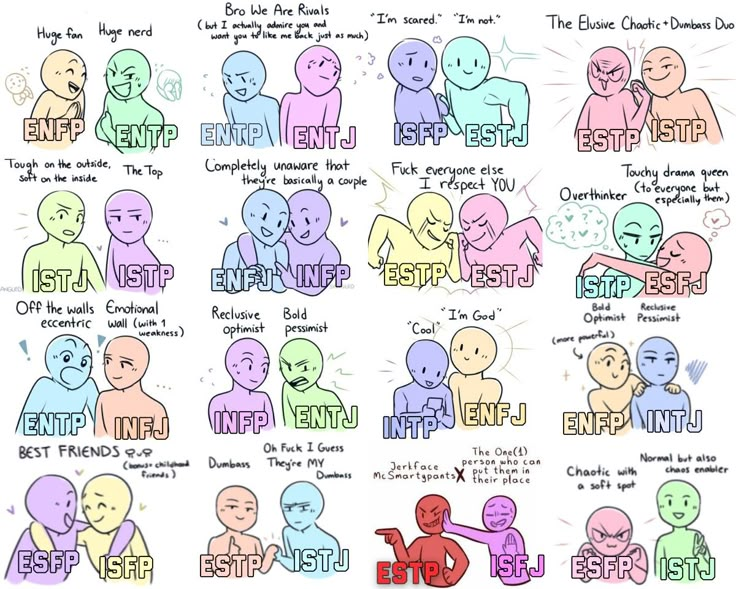Is it possible to develop adhd
Women Often Diagnosed with ADHD Later In Life
ADHD Weekly, June 13, 2019
Can an adult be diagnosed with ADHD even though she didn’t have symptoms of the disorder in childhood or adolescence? There is growing evidence that ADHD is emerging for the first time in adulthood for some people.
With the updated diagnostic criteria of ADHD in adults in the Diagnostic and Statistical Manual of Mental Disorders, Fifth Edition, researchers are exploring whether there will be an increase in the number of adults diagnosed with ADHD. Before the update, it was considered crucial that symptoms of the disorder were present for a person before entering adolescence in order for a diagnosis of ADHD to be made. It no longer requires as many symptoms to be identified and professionals now look for symptoms to have been present in adolescence.
Now researchers are exploring the possibility that ADHD can develop later in life even without diagnosable symptoms before adolescence. Researchers are asking if this is one of the reasons more women are being diagnosed with ADHD in adulthood than before.
ADHD in women
Often a woman will receive a diagnosis for a co-occurring condition, or even be misdiagnosed, before she receives a diagnosis for ADHD. Women searching for an explanation for their symptoms often must contend with others’ misperceptions or professionals’ lack of understanding about women’s experiences with ADHD. The old beliefs that adults didn’t have ADHD and that fewer girls than boys have ADHD contribute to the difficulties in finding proper care.
“Adult ADHD is more complex than a straightforward continuation of the childhood disorder,” says researcher Jessica C. Agnew-Blais, ScD, and her colleagues. “The absence of a childhood diagnosis of ADHD should not preclude adults with ADHD from receiving clinical attention.”
Dr. Agnew-Blais and other researchers are interested in three possible reasons for a late diagnosis of ADHD:
- Symptoms were masked in childhood due to protective influences (parental organization or guidance, or good grades)
- Misdiagnosis with another disorder, such as anxiety or depression
- An entirely adult form of ADHD that has not been medically identified at this time
Researchers consider the second possibility, a misdiagnosis, the most likely, reflecting the experience of many women who were diagnosed with another disorder before they received an accurate ADHD diagnosis.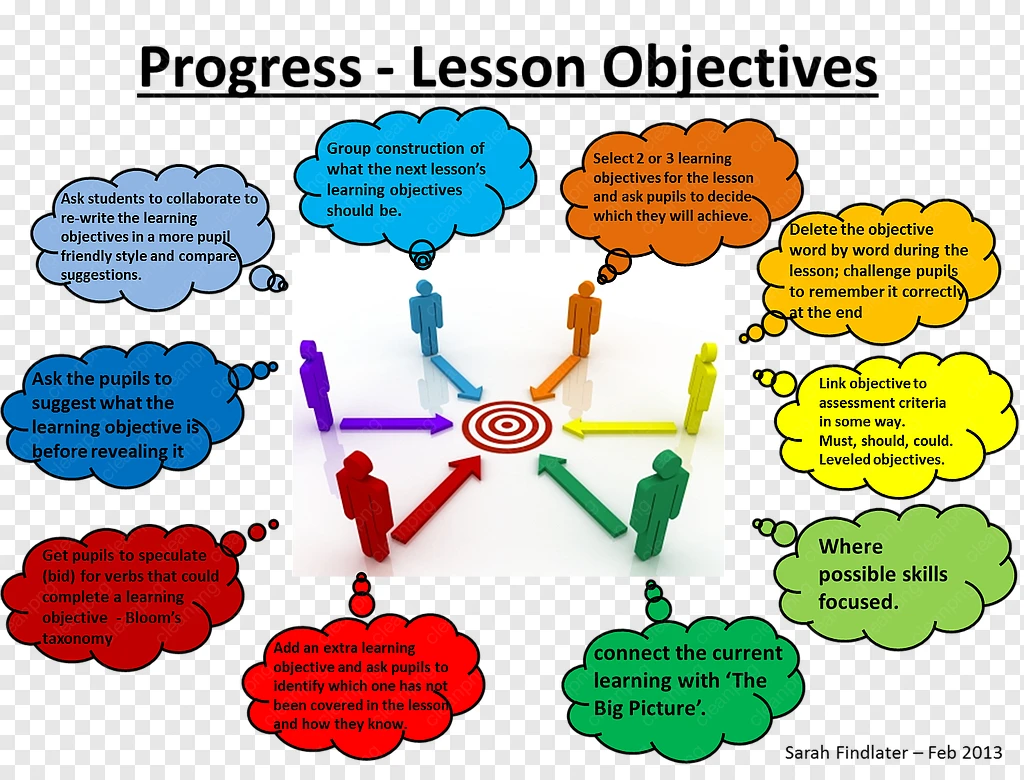 Researchers in the United States are looking at the supports parents and schools create around a student and how, when those supports are removed in young adulthood, symptoms become apparent for the first time.
Researchers in the United States are looking at the supports parents and schools create around a student and how, when those supports are removed in young adulthood, symptoms become apparent for the first time.
Late emergence of symptoms could have implications for genetic studies of ADHD. But for many people diagnosed with ADHD in adulthood, recent research confirms their experiences with ADHD and the need to find effective treatment for their individual situations.
Regardless of when ADHD is identified, it is important to work with your healthcare provider to establish a treatment plan that best meets your needs.
Want to read more?
- ADHD in Women and Girls
- Adults, Especially Women, May Develop ADHD Later in Life—Or Else Were Missed As Kids
- Evaluation of the Persistence, Remission, and Emergence of Attention-Deficit/Hyperactivity Disorder in Young Adulthood
- Attention-Deficit/Hyperactivity Disorder Trajectories from Childhood to Young Adulthood
Join the discussion: Were you diagnosed as an adult?
“Late-Onset” ADHD May Emerge in Young Adults
ADHD can occur in adulthood and may be a syndrome distinct from childhood-onset ADHD, according to a new study.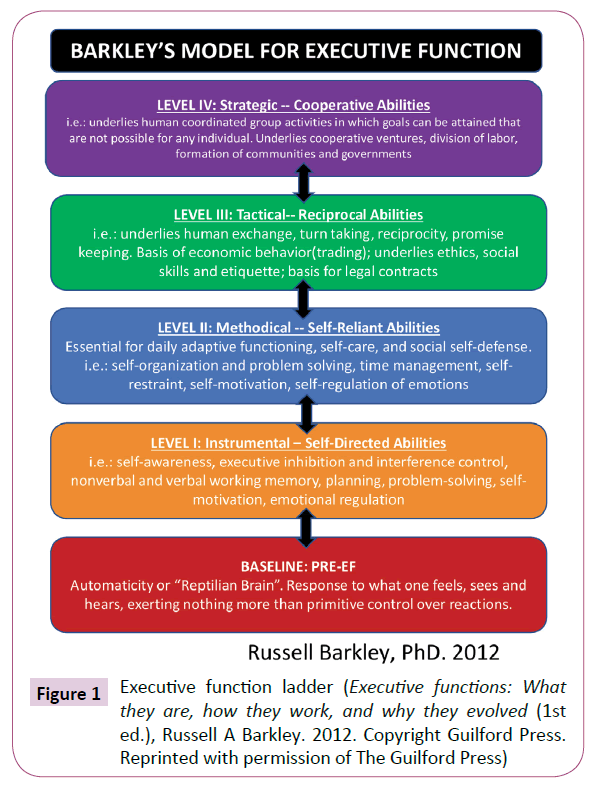
©Ollyy/ Shutterstock
RESEARCH UPDATE
ADHD can occur in adulthood and may be a syndrome distinct from childhood-onset ADHD, according to a new study.1
Researchers from the Institute of Psychiatry, Psychology & Neuroscience at King’s College London, led by Jessica C. Agnew-Blais, ScD, found that nearly 70% of young adults with ADHD did not meet criteria for the disorder at any of the childhood assessments. Adults with this “late-onset” ADHD had high levels of symptoms, impairment, and other mental health disorders.
The researchers suggested that “adult ADHD is more complex than a straight-forward continuation of the childhood disorder.” They published their results online in JAMA Psychiatry.
Another study published in the same issue from Brazil researchers also identified a large proportion of adults with ADHD as not having the disorder in childhood.2 Both the UK and Brazilian studies support previous findings from a New Zealand cohort.
The UK study included more than 2200 twins from the Environmental Risk (E-Risk) Longitudinal Twin Study. Symptoms of childhood ADHD were measured at the ages of 5, 7, 10, and 12 through mother and teacher reports. Young adults were interviewed at the age of 18 to assess ADHD symptoms and any associated impairments, as well as the existence of other psychiatric disorders.
The researchers also examined the genetic basis of ADHD in the twins. They found that adult ADHD was less heritable than childhood ADHD, and that having a twin with childhood ADHD did not lead to a higher risk of developing late-onset ADHD.
Two-thirds of the 166 individuals with adult ADHD did not meet criteria for ADHD at any assessment in childhood. Results from logistic regressions indicated that individuals with late-onset ADHD showed fewer externalizing problems and higher IQ in childhood compared with those with persistent ADHD.
There are some caveats in the study. Full-threshold ADHD had not been diagnosed prior to the assessments. Those in the adult-onset ADHD group had significantly elevated rates of ADHD symptoms, conduct disorder, and oppositional defiant disorder, so many of them appear to have had conditions with neurodevelopmental roots.
Those in the adult-onset ADHD group had significantly elevated rates of ADHD symptoms, conduct disorder, and oppositional defiant disorder, so many of them appear to have had conditions with neurodevelopmental roots.
“We were very interested by this large ‘late-onset’ ADHD group, as ADHD is generally seen as a childhood-onset neurodevelopmental disorder. We speculated about the nature of late-onset ADHD: the disorder could have been masked in childhood due to protective factors, such as a supportive family environment. Or it could be entirely explained by other mental health problems. Alternatively, late-onset ADHD could be a distinct disorder altogether,” said Dr Agnew-Blais.1
“Although ADHD occurs in approximately 4% of adults, relatively few adults receive a diagnosis or treatment for the disorder. It is crucial that we take a developmental approach to understanding ADHD, and that the absence of a childhood diagnosis should not prevent adults with ADHD from receiving clinical attention.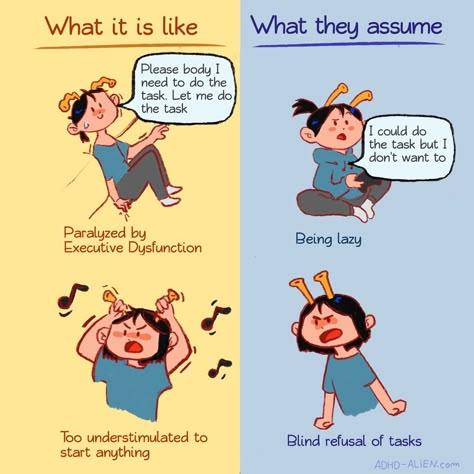 ”1
”1
The research brings up many questions about ADHD that arises after childhood. The researchers stated they will continue to search for how similar or different is “late-onset” ADHD compared with ADHD that begins in childhood, how and why late-onset ADHD arises, and what treatments are most effective for late-onset ADHD.
References:
1. Agnew-Blais JC, Polanczyk GV, Danese A, et al. Evaluation of the persistence, remission, and emergence of attention-deficit/hyperactivity disorder in young adulthood. JAMA Psychiatry. Published online May 18, 2016. doi:10.1001/jamapsychiatry.2016.0465.
2. Caye A, Botter-Maio Rocha T, Anselmi L, et al. Attention-deficit/hyperactivity disorder trajectories from childhood to young adulthood evidence from a birth cohort supporting a late-onset syndrome. JAMA Psychiatry. Published online May 18, 2016. doi:10.1001/jamapsychiatry.2016.0383.
Attention deficit disorder - health articles
11/10/2022
Attention Deficit Hyperactivity Disorder (abbreviated as ADHD) is a certain disorder in the psycho-emotional development of a child.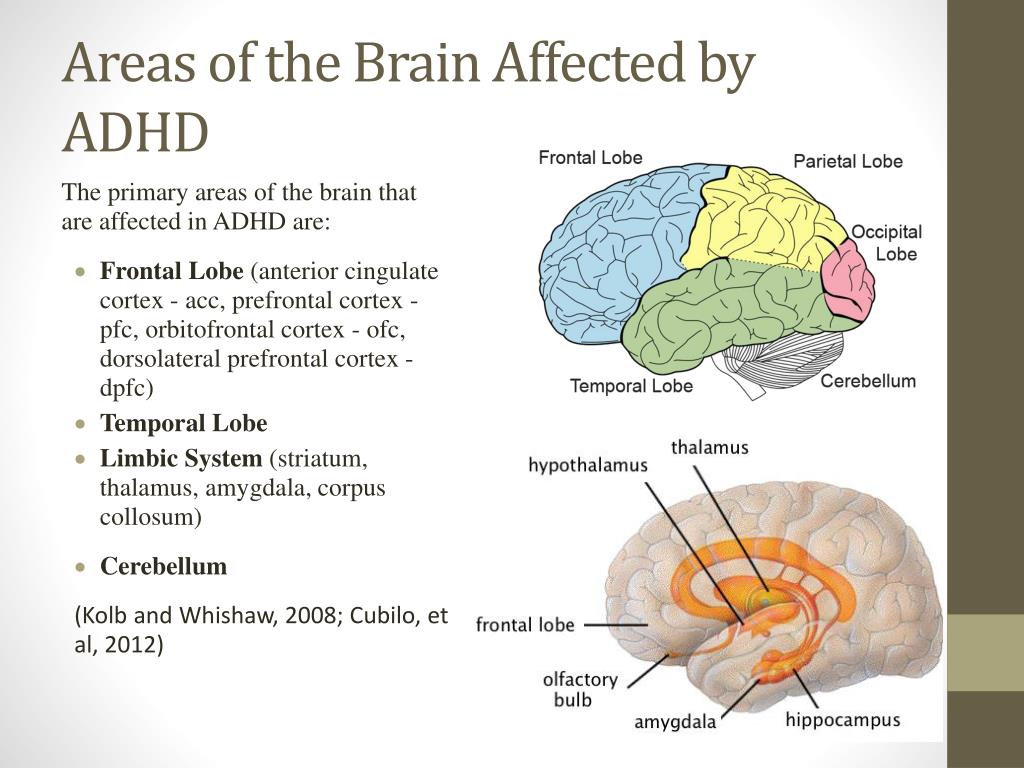 The first symptoms begin to bother from the age of three: the baby cannot sit still and tries in every possible way to attract attention to himself by deliberate disobedience.
The first symptoms begin to bother from the age of three: the baby cannot sit still and tries in every possible way to attract attention to himself by deliberate disobedience.
Many parents do not consider it necessary to deal with hyperactivity in children, attributing bad behavior to a difficult age. However, in the future, the disease turns into serious problems for the student: inability to concentrate, poor progress, frequent criticism from teachers and friends, social isolation, and nervous breakdowns. nine0003
Hyperactivity is a dysfunction of the central nervous system. If left untreated in childhood, the disorder can greatly affect the quality of life of an adult. Therefore, it is worth seeking the advice of a specialist and conducting a comprehensive corrective therapy if you suspect a child has ADHD.
The development of ADHD is hidden in several reasons that have been established by scientists on the basis of facts. These reasons include: genetic predisposition; pathological influence.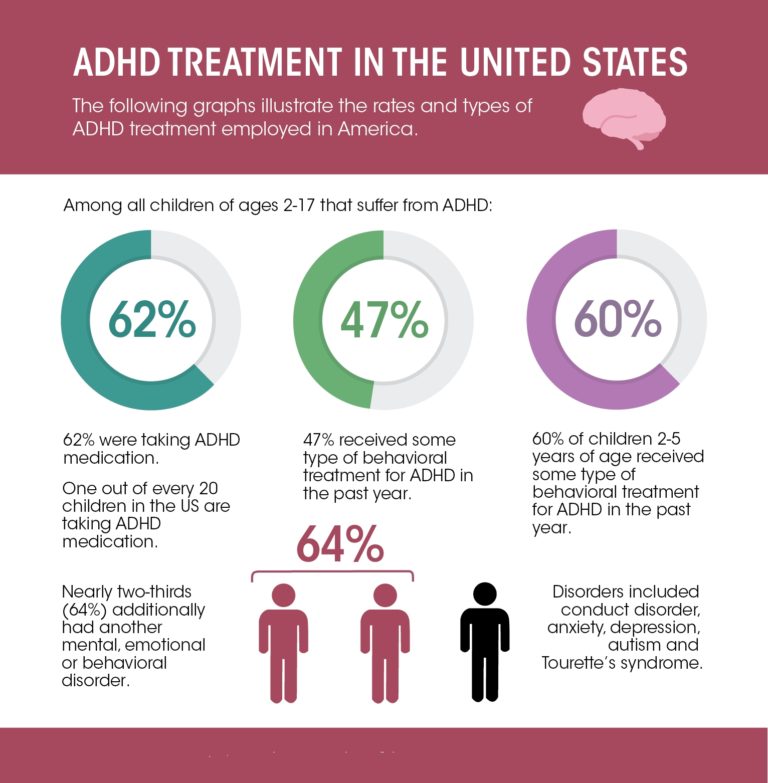 nine0011 Genetic predisposition is the first factor that does not exclude the development of malaise in the patient's relatives. Moreover, in this case, both distant heredity (i.e., the disease was diagnosed in ancestors) and near (parents, grandparents) play a huge role. The first signs of attention deficit hyperactivity disorder in a child lead caring parents to a medical institution, where it turns out that the predisposition to the disease in a child is associated precisely with genes. After examining the parents, it often becomes clear where this syndrome came from in the child, since in 50% of cases this is exactly the case. Today it is known that scientists are working on isolating the genes that are responsible for this predisposition. Among these genes, an important role is given to DNA regions that control the regulation of dopamine levels. Dopamine is the main substance responsible for the correct functioning of the central nervous system. Dysregulation of dopamine due to genetic predisposition leads to the disease of attention deficit hyperactivity disorder.
nine0011 Genetic predisposition is the first factor that does not exclude the development of malaise in the patient's relatives. Moreover, in this case, both distant heredity (i.e., the disease was diagnosed in ancestors) and near (parents, grandparents) play a huge role. The first signs of attention deficit hyperactivity disorder in a child lead caring parents to a medical institution, where it turns out that the predisposition to the disease in a child is associated precisely with genes. After examining the parents, it often becomes clear where this syndrome came from in the child, since in 50% of cases this is exactly the case. Today it is known that scientists are working on isolating the genes that are responsible for this predisposition. Among these genes, an important role is given to DNA regions that control the regulation of dopamine levels. Dopamine is the main substance responsible for the correct functioning of the central nervous system. Dysregulation of dopamine due to genetic predisposition leads to the disease of attention deficit hyperactivity disorder. Pathological influence is of considerable importance in answering the question about the causes of the manifestation of attention deficit hyperactivity disorder. Pathological factors can serve as: the negative impact of narcotic substances; influence of tobacco and alcoholic products; premature or prolonged labor; interrupt threats. If a woman allowed herself to use illegal substances during pregnancy, then the possibility of having a child with hyperactivity or this syndrome is not excluded. There is a high probability of the presence of attention deficit hyperactivity disorder in a child born at 7–8 months of pregnancy, i.e. premature. nine0003
Pathological influence is of considerable importance in answering the question about the causes of the manifestation of attention deficit hyperactivity disorder. Pathological factors can serve as: the negative impact of narcotic substances; influence of tobacco and alcoholic products; premature or prolonged labor; interrupt threats. If a woman allowed herself to use illegal substances during pregnancy, then the possibility of having a child with hyperactivity or this syndrome is not excluded. There is a high probability of the presence of attention deficit hyperactivity disorder in a child born at 7–8 months of pregnancy, i.e. premature. nine0003
Symptoms
Attention deficit disorder is expressed primarily in hyperactivity and inattention of the child. These are the main symptoms of the disorder.
Signs of hyperactivity:
- A constant feeling of internal restlessness causes the child to fidget in the chair, jerk his legs, wave his arms or fiddle with something.
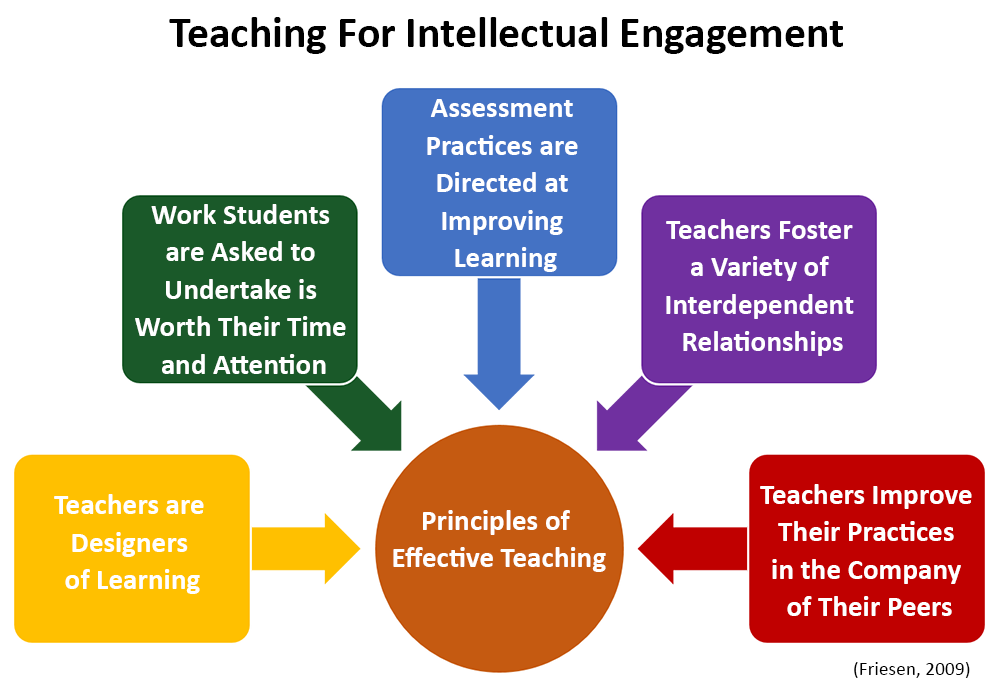
- Feelings of anxiety increase when adults are forced to be quiet and calm. This causes a backlash: the children respond to the request not to make noise with stormy laughter, stomping or jumping up from their seats. nine0021
- Hyperactivity is expressed in impulsive behavior. For example, a child shouts out an answer in class before the teacher has finished speaking the question. Or he may get into a fight because he is unable to wait his turn in the game competitions.
- Inattentiveness inherent in the hyperactivity syndrome is expressed as follows:
- Any task tires very quickly, just a couple of minutes after the start. It is almost impossible to focus on learning a new subject. Usually children are able to keep their attention on what they are really interested in. But in a child with ADHD, boredom and an absent-minded look appear in any activity, even in the one with which he “fired up” in the first minutes. nine0021
- Problems with concentration develop distraction.
 Sitting down for homework in the language, the child opens a math notebook and does not notice that he is writing the text on a sheet in a cage. He forgets to write down information in a diary, he may forget his textbook and notebooks on his desk, or he may not hear a request addressed to him.
Sitting down for homework in the language, the child opens a math notebook and does not notice that he is writing the text on a sheet in a cage. He forgets to write down information in a diary, he may forget his textbook and notebooks on his desk, or he may not hear a request addressed to him. - There is a very poor memory. Trying to learn something by heart, a child can repeat a phrase twenty times and not reproduce it after a minute. This happens due to constant distractibility: children mechanically pronounce the words they are learning, but mentally follow the crawling fly on the wall or listen to the sounds from the street. nine0021
Diagnosis
Attention Deficit Hyperactivity Disorder (ADHD) is diagnosed using a questionnaire, behavioral observation of the child and MRI examination of the brain.
Asking questions to parents, the medical specialist builds a clinical picture, differentiating normal behavioral symptoms from actual abnormalities, in order to accurately determine whether it is ADHD or normal puberty.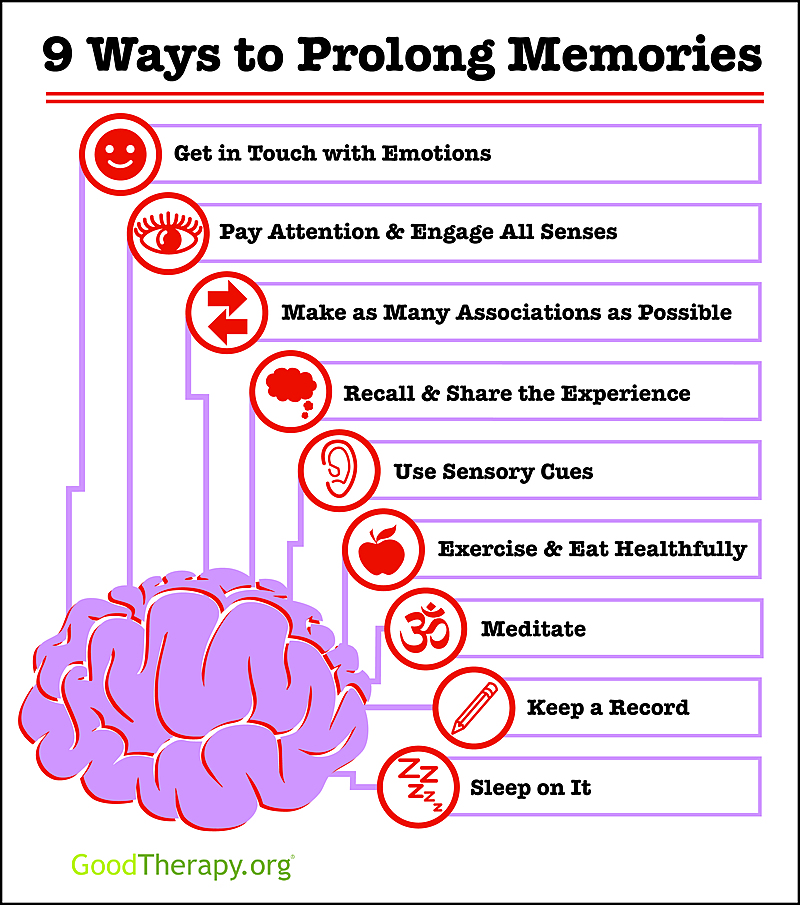
Frontal brain scan serves both to investigate attention deficit hyperactivity disorder in children and to confirm the diagnosis. nine0003
Treatment of Attention Deficit Hyperactivity Disorder
The best treatment option for ADHD is complex - psychological correction in combination with medications.
A lot depends on the actions of mothers and fathers. Do not constantly scold the baby for wrong actions and inappropriate behavior. It is much more useful to offer your help in cleaning things or preparing for school, to praise for the diligence shown and overcoming difficulties. It is very important to emphasize every achievement, no matter how small, and give the child confidence in their own abilities. nine0003
Praise the child for any possible reason - he washed his cup after himself, put away his toys, wrote neatly in a notebook or helped his mother set the table. Do not skimp on words of support even in case of failure, because adults quite often make mistakes and minor misconduct.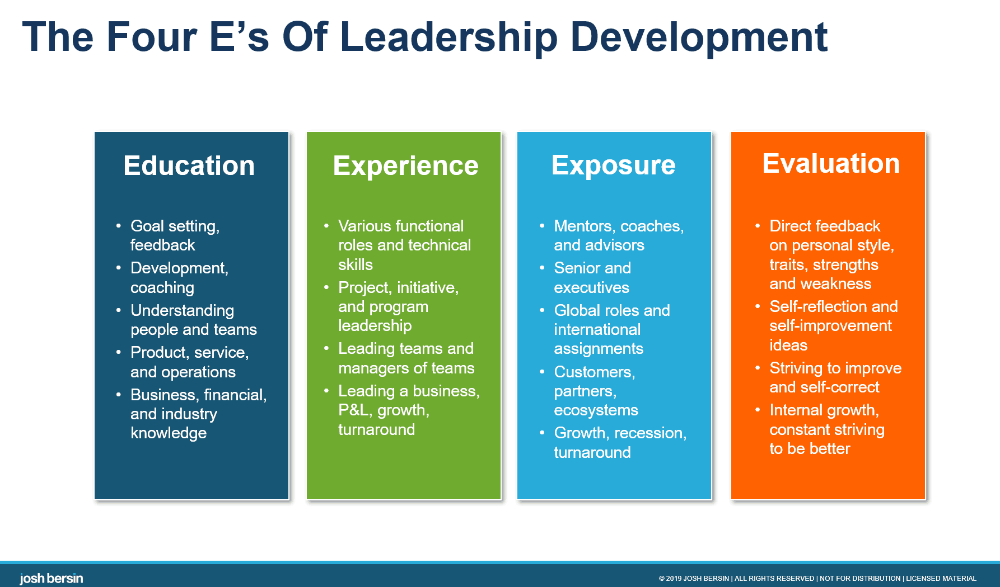
Relaxing music, board games, and a warm bath can alleviate irritation or dissatisfaction.
A daily routine put together will help the child gain peace and confidence, it is important for him to understand his duties and their sequence. It is useful to teach the student to make a list of upcoming tasks, given their importance. In order not to postpone the started lesson, the unobtrusive help of parents will also be required. nine0003
Communication is an important component of normal family relations and the normalization of a child's behavior.
Raising a child with Attention Deficit Disorder is not easy, but do not forget that this diagnosis is not a death sentence. It's just a disease that can be treated.
causes, symptoms, signs, diagnosis, treatment of attention deficit hyperactivity disorder in children and adults
Symptoms of ADHD in children
Causes of pathology
Diagnosis
Treatment for ADHD
Prevention
Today, more and more children are being diagnosed with ADHD (Attention Deficit Hyperactivity Disorder).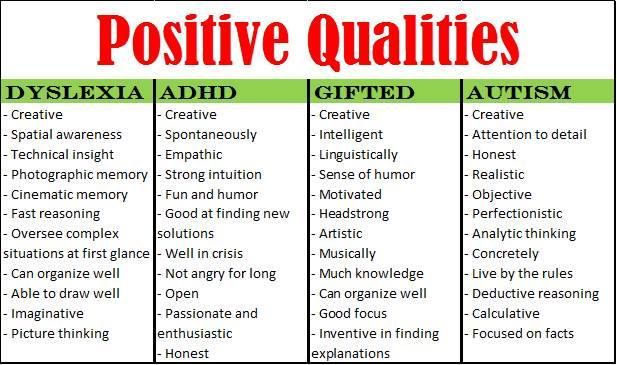 As a rule, it is diagnosed in children aged 6-8 years, when the child goes to school. It is at this time that it becomes obvious that the child has pronounced problems with behavior and perception of information.
As a rule, it is diagnosed in children aged 6-8 years, when the child goes to school. It is at this time that it becomes obvious that the child has pronounced problems with behavior and perception of information.
ADHD is a neurological-behavioral developmental disorder. Pathology makes itself felt in childhood, but in the absence of timely therapy, it can persist into adulthood. According to statistics, ADHD is most common in boys, but can also occur in girls. If the pathology is not diagnosed and treated in a timely manner, this is fraught with poor school performance, the child may develop serious social problems, which increases the risk of substance abuse in the future. nine0003
Symptoms of ADHD in children
Consider some of the signs that may signal ADHD in children:
- The child is constantly distracted, inattentive, when communicating with him there is a feeling that he is not listening to you.
- It is difficult for him to keep his attention on the teacher's words for a long time, because of which the understanding of information also suffers.

- There is increased activity - the child literally cannot sit in one place. Even during school hours, he can get up and walk around the classroom. nine0021
- The child is impatient, cannot wait for his turn, constantly interrupts, answers questions without waiting for them to finish.
- Children with ADHD are characterized by emotional instability, which can be manifested by frequent mood swings: a child can suddenly become irritable, tearful, and restless for no reason.
- Lack of concentration is characteristic - children with this diagnosis often lose their belongings (for example, school supplies, money, keys). nine0020 Problems with sleep and appetite, with daily routine.
Additionally, some neurological abnormalities may be observed. For example, a child with ADHD may have poor motor coordination, resulting in some clumsiness. Also, in some cases, twitching of the facial muscles and trembling of the limbs are observed.
The first signs of attention deficit hyperactivity disorder are observed at the age of 2-3 years, but at this age it is difficult to determine whether they are a manifestation of pathology or normal age-related features.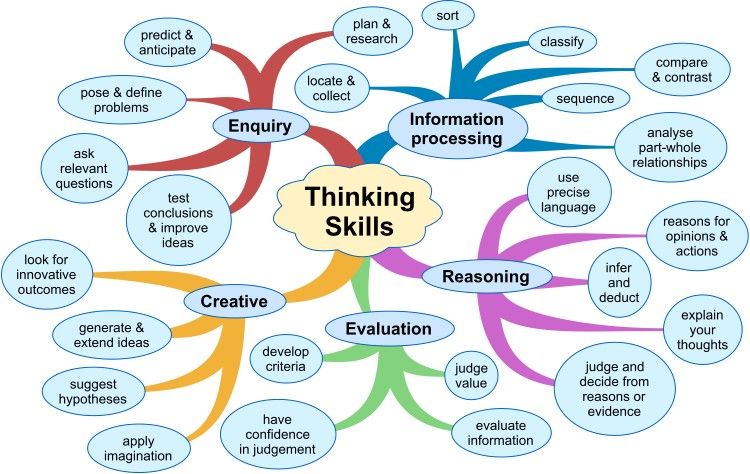 nine0003
nine0003
However, if by the age of 6-8 years the child has not become more attentive and collected, this is an alarming sign that makes it possible to assume ADHD with a high degree of probability. That is why, if you have the above symptoms, you should definitely consult a doctor and start treatment.
Causes of pathology
There is no single reason for the development of ADHD. Many experts agree that the most common cause may be genetic mutations that lead to a disruption in the production of dopamine and the work of dopamine receptors. nine0003
Also, the causes of the development of attention deficit hyperactivity disorder may be the following factors:
- Severe pregnancy, complicated delivery, including prolonged or rapid.
- Use by the expectant mother during pregnancy of potent drugs, alcoholic beverages, toxic substances.
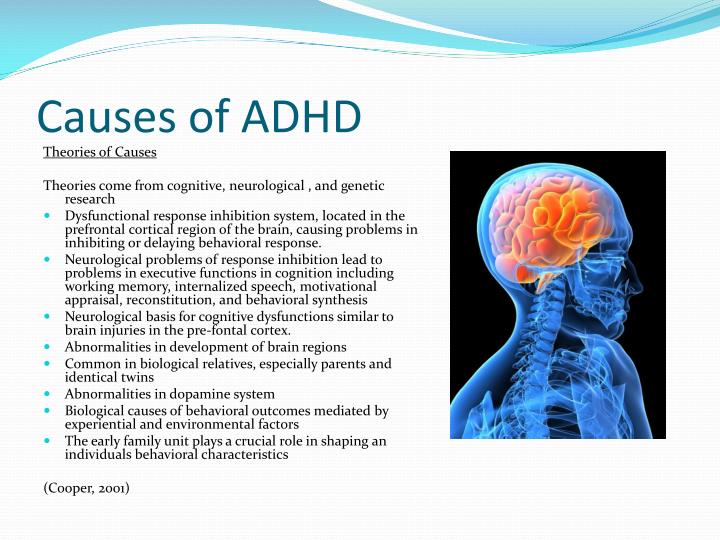
- Serious pathologies suffered by a child at an early age, including craniocerebral trauma. nine0021
- Psychological trauma in a child.
- Fetal asphyxia.
It is also worth noting that this pathology has a hereditary predisposition. It was found that the presence of ADHD in parents significantly increases the likelihood of developing this syndrome in a child.
Diagnosis
The diagnosis of ADHD is not established only on the basis of existing complaints. To accurately confirm the diagnosis, it is necessary to conduct some examinations. First of all, you need to visit a neurologist, psychiatrist and psychologist. nine0003
During the consultation, the doctor collects an anamnesis, conducts various tests, conversations, and diagnostic surveys.
In order to identify the cause of the development of ADHD, consultations with other specialists may also be required, as well as instrumental and laboratory examination methods, such as: EEG, MRI of the brain, general and biochemical blood tests.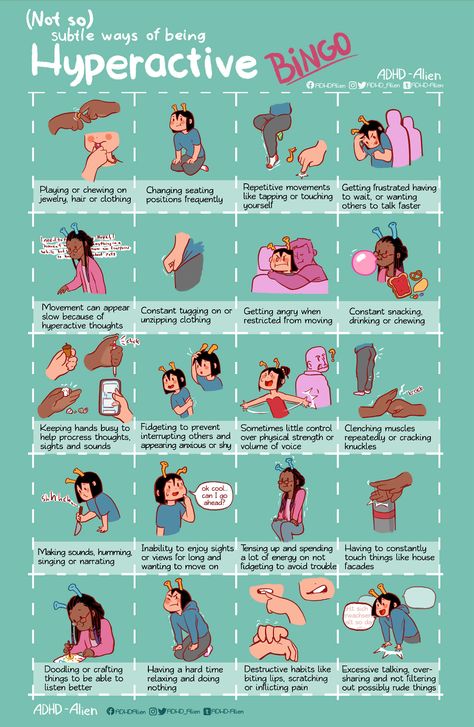
ADHD treatments
It should be noted that attention deficit hyperactivity disorder most often has a favorable prognosis (provided that therapy is started in a timely manner). It is possible to significantly improve the behavior and learning of the child. nine0003
Depending on the severity of the pathological process and the causes of its occurrence, the doctor may prescribe such types of treatment as:
- Medical treatment: the patient may be prescribed sedatives, antidepressants, neurostimulants.
- Cognitive behavioral therapy.
- A clear daily routine: a balanced diet, good sleep.
- Family therapy: if there are conflicts in the family, ADHD often develops against this background. nine0021
- Biofeedback therapy: this method of treatment is aimed at training the child's ability to self-regulate their conditions with the help of computer game tasks.
- Physiotherapy techniques, eg massage, exercise, kinesiotherapy.

Additionally, other methods of treatment can be used.
Prophylaxis
Unfortunately, it is not always possible to prevent the development of ADHD. However, there are some factors that significantly reduce the risk of developing pathology. For example, the expectant mother should follow a healthy lifestyle, eat a balanced diet, give up bad habits. Before conception, it is desirable to undergo a complete examination, if necessary, to pre-treat existing pathologies. nine0003
Also, as a prevention of ADHD, the following recommendations should be observed:
- The child should be active, walk outdoors more often.
- The regimen of the day and nutrition should be clear.
- Monitor the child's behavior, immediately stop unacceptable behavior on his part.
- It is very important to build a trusting relationship between parents and children.
- Family conflicts should be avoided. nine0021
At the first signs of ADHD, it is recommended to contact specialists who will help minimize the risk of developing more serious pathologies in the future.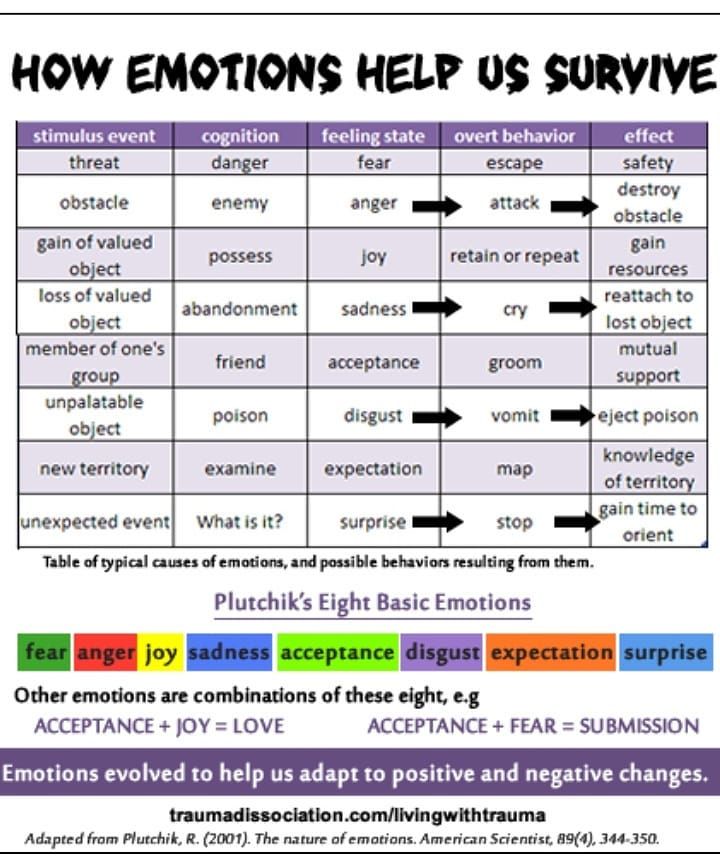
You can learn more about the treatment of attention deficit hyperactivity disorder at a face-to-face appointment with a doctor. Be healthy!
Author of the article:
Markelov Gleb Vladimirovich
neurologist, online consultations
work experience 4 years
reviews Leave a review
Clinic
m. Sukharevskaya
Reviews
Services
- Title
- Appointment, consultation of a neurologist primary 2100
- Appointment, consultation of a neurologist repeated1650
Health articles
All articlesAllergologistGastroenterologistHematologistGynecologistDermatologistImmunologistInfectionistCardiologistENT doctor (otolaryngologist)MammologistNeurologistNephrologistOncologistOphthalmologistProctologistPsychotherapistPulmonologistRheumatologistTraumatologistTrichologistUrologistPhlebologistSurgeonEndocrinologist nine05 years.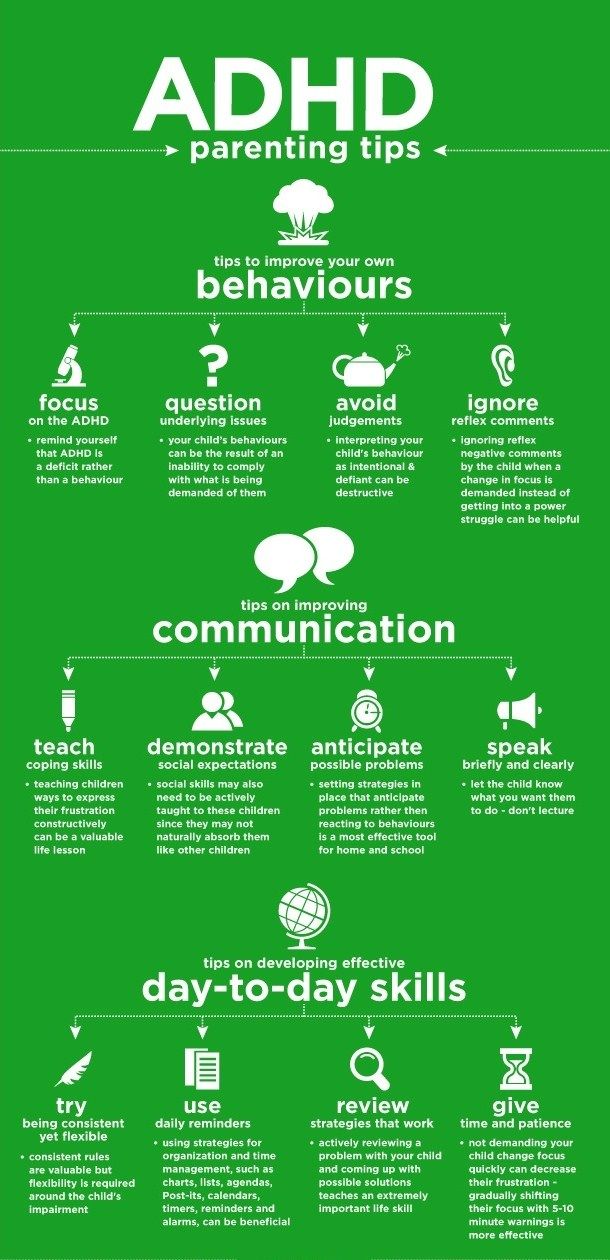 Red Gates. AvtozavodskayaPharmacy. Glades. Sukharevskaya. st. Academician Yangelam. Frunzenskaya Zelenograd
Red Gates. AvtozavodskayaPharmacy. Glades. Sukharevskaya. st. Academician Yangelam. Frunzenskaya Zelenograd Dmitrieva Olga Nikolaevna
Chief physician of "Polyclinika.ru" on Frunzenskaya, neurologist, ENMG specialist
reviews
Clinic
m. Frunzenskaya
Sumina Evgenia Yurievna
Chief physician "Polyanka.ru" on Polyanka, neurologist
reviews
Clinic
m. Polyanka
Demina Evgenia Sergeevna
neurologist, reflexologist, ENMG specialist
reviews Make an appointment
Clinic
m.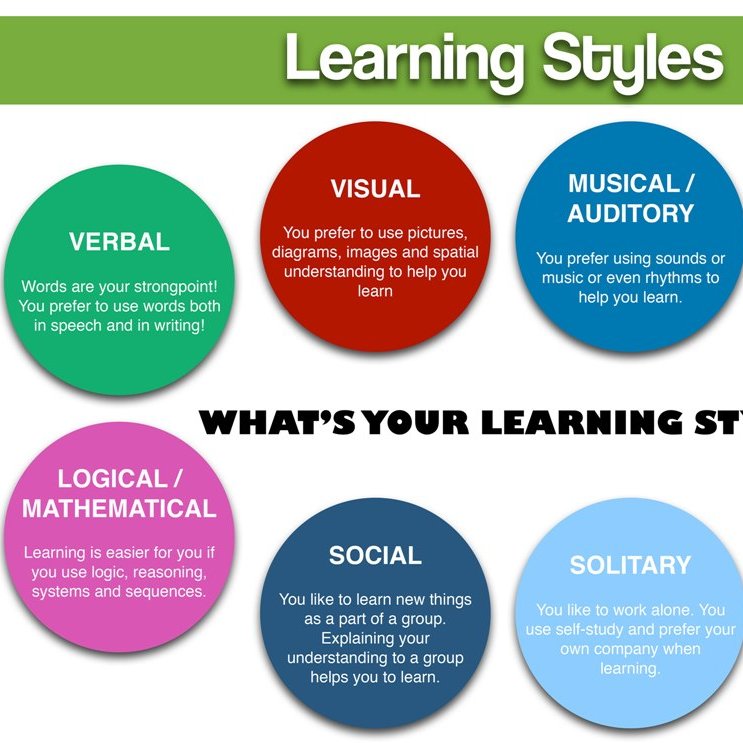 Sukharevskaya
Sukharevskaya
Kuzmina Irina Vladimirovna
neurologist, reflexologist, hirudotherapist
reviews Make an appointment
Clinic
m. Street 1905 Goda
Shcherbenkova Alina Lvovna
neurologist, specialist in ENMG, KMN
reviews Make an appointment nine0003
Clinic
m. Frunzenskaya
Alexandrova Tatyana Sergeevna
neurologist
reviews Make an appointment
Clinic
m. Sukharevskaya
Apevalova Anastasia Romanovna
neurologist
reviews Make an appointment nine0003
Clinic
m.